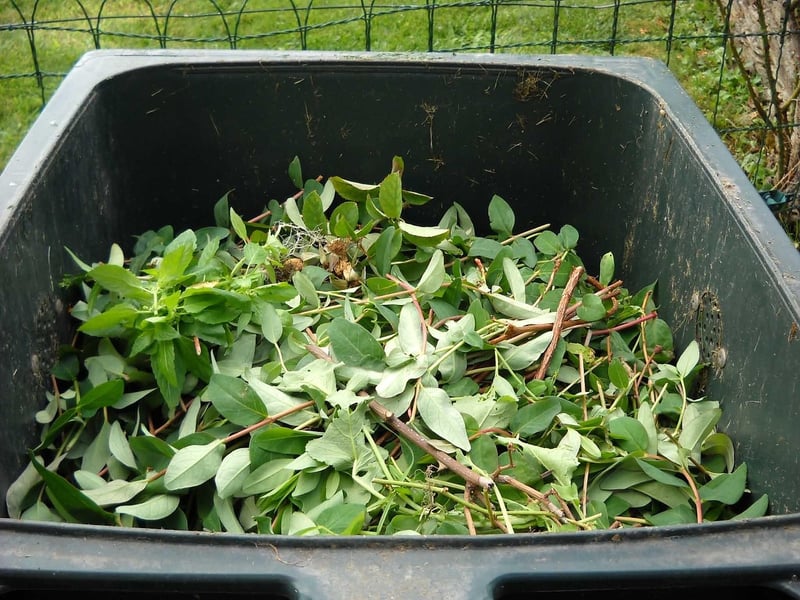Composting Techniques
#Sustainability
#Green Living
#Organic Gardening
The Ultimate Guide to Eco-Friendly Gardening and Composting Techniques
Introduction to Eco-Friendly Gardening
Eco-friendly gardening is a sustainable approach to gardening that aims to reduce the negative impact on the environment. By adopting eco-friendly practices, you can create a beautiful garden while protecting the ecosystem.
Benefits of Eco-Friendly Gardening
- Reduces chemical usage
- Conserves water
- Promotes biodiversity
- Improves soil health
- Supports pollinators
Tips for Eco-Friendly Gardening
- Choose native plants
- Use organic fertilizers
- Conserve water through mulching and drip irrigation
- Avoid synthetic pesticides
- Attract beneficial insects
Composting Techniques
Composting is a natural process that turns organic waste into nutrient-rich soil conditioner. It is a great way to reduce waste and improve your garden's soil health.
Benefits of Composting
- Reduces landfill waste
- Enriches soil with essential nutrients
- Helps retain moisture in the soil
- Reduces the need for chemical fertilizers
Types of Composting
There are several methods of composting, including:
- Backyard composting
- Vermicomposting (using worms)
- Bokashi composting
- Trench composting
Tips for Successful Composting
- Balance green (nitrogen-rich) and brown (carbon-rich) materials
- Turn the compost regularly to aerate it
- Keep the compost pile moist
- Avoid adding meat, dairy, or oily foods
- Use a compost bin or tumbler for easy management
Conclusion
By incorporating eco-friendly gardening practices and composting techniques into your routine, you can create a sustainable garden that benefits both the environment and your plants. Start small and gradually implement these practices to make a positive impact on your garden and the planet.

 Learn more about composting from the EPA
Learn more about composting from the EPA
